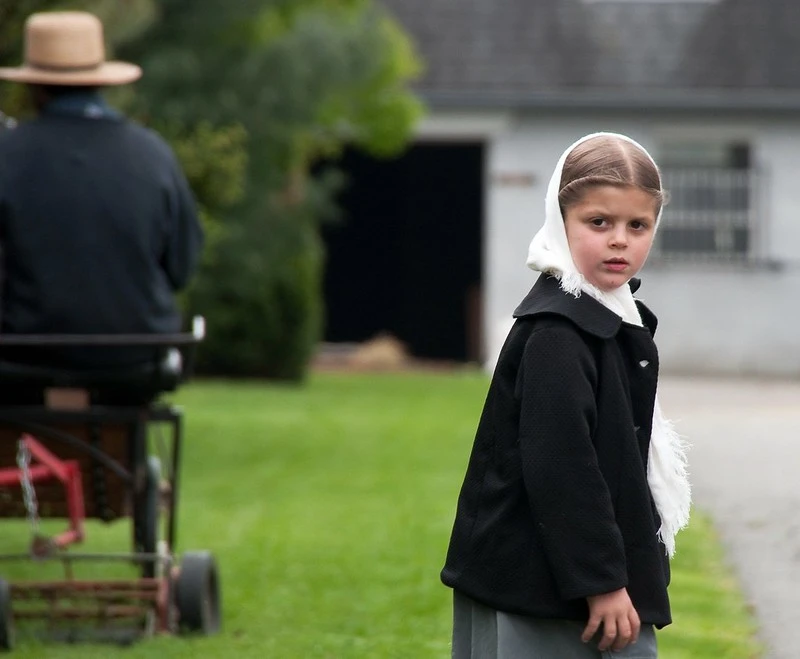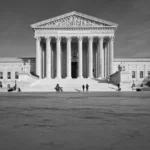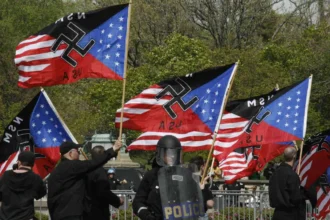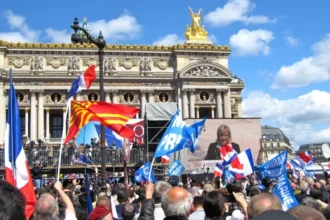A liberal democracy is a political system that combines democratic governance with the protection of individual rights and freedoms. It is democratic because it derives its authority from the consent of the governed, with citizens participating in free and fair elections, expressing their opinions openly, and running for public office. It is liberal in nature because it prioritizes the safeguarding of individual liberties, such as freedom of speech, religion, and privacy. The rule of law is essential as it ensures that everyone is treated equally and that individual rights are protected from infringement by the state or other entities.
- Understanding Illiberal Practices
- Liberal Multiculturalism and the Challenge of Illiberal Practices
- The Liberal Theory of Minority Rights
- Liberal Perfectionism
- Equal Recognition Theory
- Liberal Nationalism
- Policy Approaches in Democratic Societies
- Cases Studies
- The Role of International Human Rights
- Future Directions
- Conclusion
However, liberal democracies face significant challenges when cultural practices within certain communities clash with these core principles. Illiberal practices, often rooted in deep-seated cultural and religious traditions, can undermine the values of individual autonomy, gender equality, and personal freedom. These practices can limit educational and economic opportunities, restrict freedoms, and subject individuals to violence and coercion.
In addition to the individual aspects that illiberal practices can threaten, there are also aspects related to the collective values that liberal democracies need to sustain. Maintaining social cohesion and integration in a multicultural society can become problematic when illiberal practices lead to the creation of parallel societies. In these cases, there is a risk that social groups or communities may remain isolated and resistant to broader societal integration. Such fragmentation can weaken state unity, foster environments of alienation, and perpetuate cycles of exclusion and discrimination.
Illiberal minorities can limit opportunities for education and economic participation, restrict personal freedoms, and subject individuals to violence or coercion.
This article explores the nature of illiberal practices and the challenges they pose to both liberal democracy and multicultural political theory. It analyzes responses from various influential perspectives within liberal multiculturalism and discusses practical policy approaches that democratic societies have adopted to address these issues.
Through case studies of the United Kingdom, France, and Canada, it examines how these countries manage cultural diversity alongside the protection of fundamental democratic values. Additionally, the article examines the role of international human rights norms and future directions for policy and practice, offering insights into managing the dynamics of multiculturalism in liberal democracies.
Understanding Illiberal Practices
Illiberal practices refer to cultural or religious customs that contradict the foundational principles of liberal democracy, particularly those related to individual freedoms, gender equality, and the rule of law. These practices often include gender discrimination, restrictions on personal liberties, and intolerance towards dissent or those outside the cultural group.
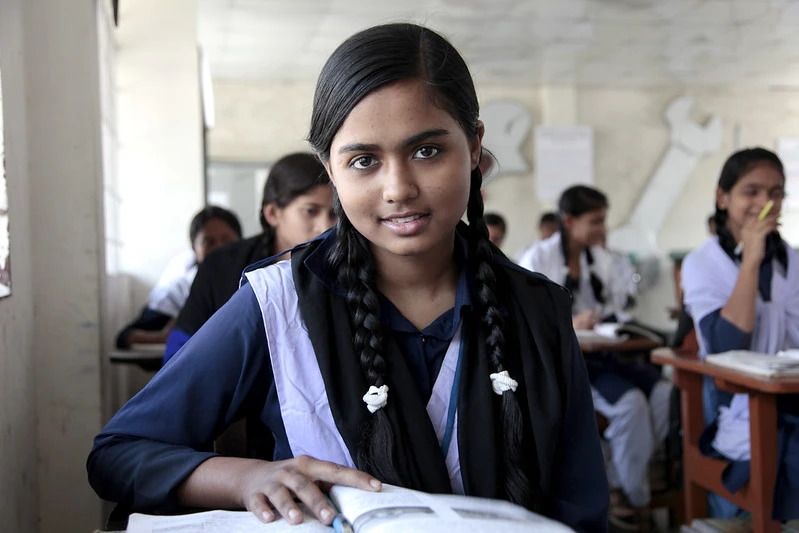
Examples of such practices include female genital mutilation (FGM), forced marriages, and severe penalties for apostasy or blasphemy. Proponents of these customs frequently justify them through appeals to religious texts, traditional norms, or the necessity of preserving social cohesion within their communities.
The origins of these practices are deeply embedded in historical, cultural, and religious traditions. From a sociocultural perspective, these customs are part of a collective identity and are seen as vital to preserving cultural heritage. However, from the standpoint of liberal democratic values, they can violate human rights and individual freedoms.
One of the most common criticisms directed at proponents of multiculturalism is that the illiberal practices of certain religious or cultural communities are inherently oppressive. Indeed, a significant portion of this criticism comes from feminist thinkers who have exposed the patriarchal patterns of social domination.
While a conservative approach to multiculturalism finds little difficulty in defending its stance, often based on the need to maintain “cultural authenticity,” it is quite different for liberal multiculturalists. Precisely because of the liberal nature of their political theory, proponents of this position have been tasked with justifying multiculturalism without betraying the liberal values they uphold.
Liberal Multiculturalism and the Challenge of Illiberal Practices
Liberal multiculturalism aims to integrate diverse cultural and religious practices within a liberal democratic framework, promoting respect for differences. This approach celebrates cultural diversity, fostering a cohesive society where various narratives coexist and enrich the collective social fabric.
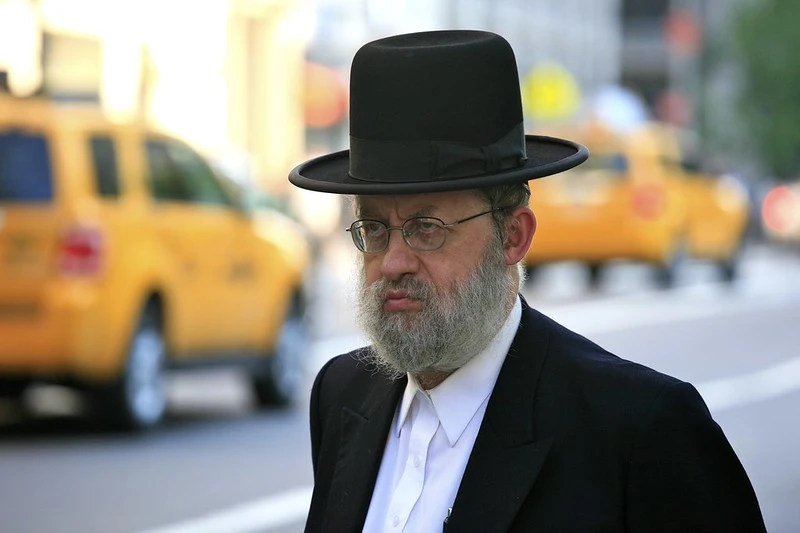
The tension between respecting cultural diversity and protecting individual rights poses significant challenges for a liberal democracy. On one hand, there is an imperative to uphold multicultural principles by accommodating diverse practices. On the other, there is a need to safeguard the rights and freedoms of individuals, particularly those vulnerable within their own cultural communities.
Liberal multiculturalism, as advocated by scholars such as Will Kymlicka, Joseph Raz, Alan Patten, and Yael Tamir, addresses this dilemma by proposing frameworks that respect cultural diversity while imposing constraints to safeguard individual rights. According to this perspective, cultural practices should be accommodated as long as they do not infringe upon fundamental rights. This includes mechanisms to defend members within these communities and promote civic integration and basic civic knowledge among all citizens.
The Liberal Theory of Minority Rights
Will Kymlicka argues that minority rights must be understood within the context of liberal democratic principles. He suggests that the state should support minority cultures in ways that do not undermine the autonomy and equality of individuals. This approach seeks to create a multicultural society where different cultural groups can coexist while adhering to the overarching principles of liberal democracy.
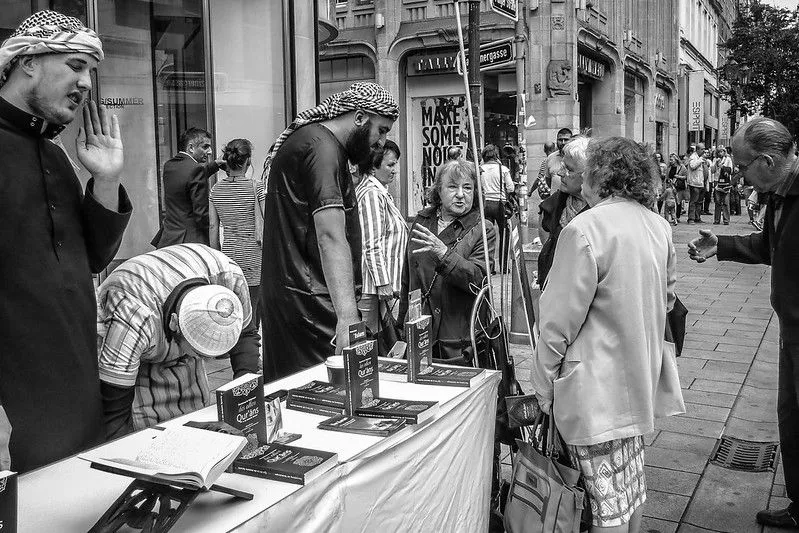
Kymlicka’s liberal theory of minority rights distinguishes between two types of rights that cultural and religious groups can claim:
- Rights to Limit the Freedom of Group Members (“Internal Restrictions”): These rights aim to maintain group stability by limiting the civil or political liberties of its members. For example, a religious minority might attempt to prevent its members from dissenting against established norms or rejecting certain religious practices. Kymlicka argues that a liberal theory cannot accept these internal restrictions because they violate the principle of individual autonomy. In a liberal democracy, it is essential that individuals have the right to freely choose which cultural or religious aspects they wish to preserve and transmit, as well as the ability to revise, question, or abandon community practices.
- Rights to Protection Against External Pressures (“External Protections”): These rights aim to protect the group from social, political, or economic pressures exerted by the majority society. They do not affect individual freedom within the group but rather reduce the negative effects of certain majority decisions. Examples include religious exemptions, such as revising dress codes or granting religious holidays. These external protections do not threaten the principles of liberal democracy and promote equality of opportunity and equality among groups.
This theory asserts that multicultural tolerance has clearly defined limits. It is not a permissive conception that accommodates morally problematic religious practices. The criteria for granting religious accommodations are based on liberal principles but are limited. In short, the liberal perspective, according to Kymlicka, is founded on freedom within the minority group and equality between minority and majority groups.
Liberal Perfectionism
Joseph Raz addresses the question of illiberal minorities through his approach to liberal perfectionism, which values cultural belonging for its role in individual well-being and the development of personal autonomy. According to Raz, respect for dignity and self-esteem involves respect for our culture. However, this poses a challenge when dealing with cultural or religious groups that reject liberal principles.
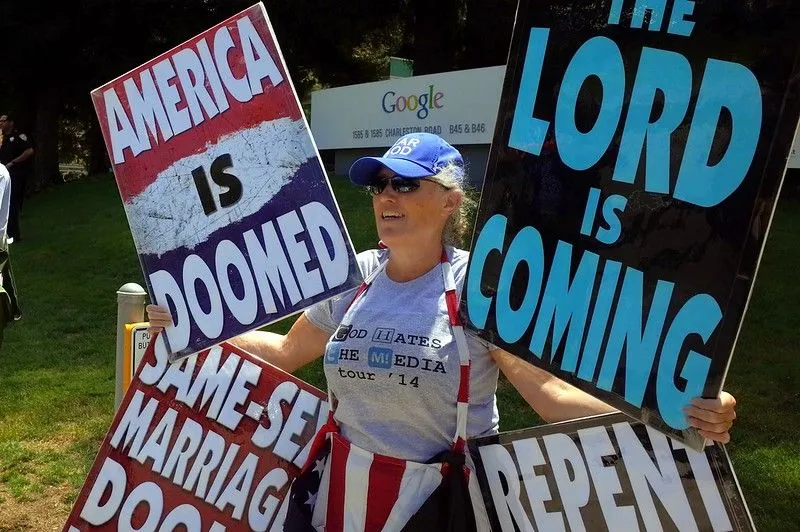
Similar to Kymlicka’s theory, Raz’s liberal perfectionism proposes respecting illiberal groups while ensuring the protection of individual freedom for their members. According to Raz, cultures are respected only to the extent that they serve “true values.” Consequently, the relationship between the state and these groups can fluctuate between conflict and agreement, sometimes joining them in a common front and at other times imposing ideals of tolerance and mutual respect or protecting the members from oppression by their own group.
Raz sets four limits to multicultural tolerance:
- Repression of Members: No community has the right to repress its members, including the prohibition of barbaric practices like female circumcision and homophobia.
- External Intolerance: No community should show intolerance towards those who are not its members, with a political duty to discourage racism and disrespect.
- Right of Exit: Individuals must be able to leave their community in a viable and publicly recognized way.
- Participation and Expression: Members must have the opportunity to express themselves freely and participate in economic life, acquiring skills to live a dignified life outside their community.
Thus, while Raz defends cultural and religious belonging based on liberal principles, these principles limit the community’s pressure on the individual. As we can see, liberal multiculturalism does not expect individuals to remain within their own community; it demands that they have access to skills that allow them to pursue different life goals than those of their community, thereby ensuring a form of freedom and autonomy even within illiberal groups. As I have argued in my book Théories politiques de la diversité: Libéralisme, républicanisme, multiculturalisme, this position can be challenging, as it asks communities to betray their own religious conceptions.
Equal Recognition Theory
Alan Patten’s approach to illiberal minorities and the limits of accommodation is framed within the broader context of liberal neutrality and cultural recognition. Patten’s theory maintains that a liberal state should remain neutral while recognizing and accommodating cultural and religious minorities. This recognition is not merely a passive acknowledgment but involves active measures to ensure that the state’s institutions and policies do not favor the majority culture at the expense of minorities.

Patten argues that liberal neutrality requires the state to equally recognize and accommodate the diverse cultural and religious conceptions of the good held by its citizens. This means that the state must avoid policies that inherently support the majority culture, such as official languages, holidays, and symbols, which can marginalize minority groups. Instead, the state should strive for equal recognition by extending comparable forms of customized assistance to minority cultures and religions.
However, Patten acknowledges that this equal recognition has limits. He identifies several constraints on the accommodation of illiberal practices within minority groups:
- No Right to Oppress: No community has the right to oppress its members. This includes prohibitions against practices that violate fundamental human rights, such as female circumcision or homophobia.
- Intolerance Toward Outsiders: No community has the right to be intolerant toward those outside their group. This includes a duty to discourage racism and disrespect in political action.
- Right of Exit: Individuals must have a viable and publicly recognized right to exit their community. This ensures that members are not forcibly bound to their cultural or religious group.
- Freedom of Expression and Economic Participation: Communities must allow their members to express themselves freely and participate in the country’s economic life. Members should acquire skills that enable them to lead dignified lives outside their community if they choose to do so.
Patten’s liberal multiculturalism thus establishes clear limits to cultural and religious group rights, ensuring that the liberal state’s commitment to individual autonomy and well-being is upheld. He argues that while the state should respect and recognize minority cultures, this respect is conditional upon these cultures serving liberal values.
Liberal Nationalism
Yael Tamir’s liberal nationalism seeks to reconcile the values of liberalism, such as individual autonomy and choice, with key aspects of nationalist tradition, like belonging, loyalty, and solidarity.
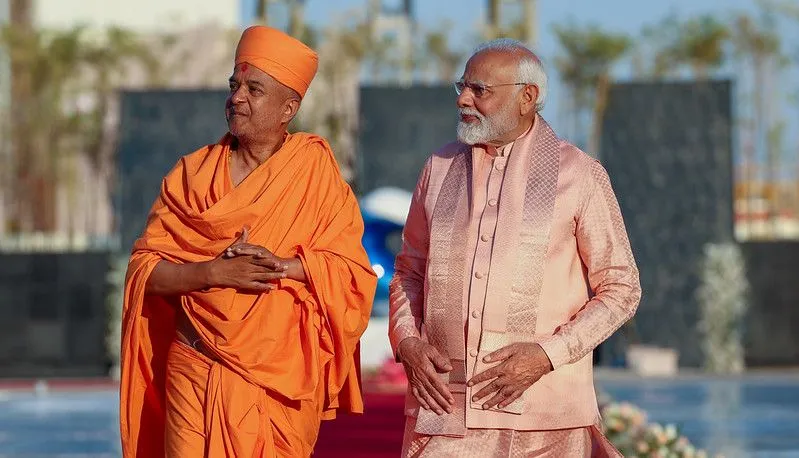
This theory examines the nuances of accommodating cultural and religious minorities within a liberal state, defending the importance of integrating cultural identity into the public sphere. Here are several key points to consider:
- Respect for Cultural Identity: Tamir argues that national and cultural communities are integral to personal identity. Recognizing and incorporating cultural practices into the public sphere mitigates feelings of marginalization and fosters a sense of belonging and participation.
- Limits to Cultural Accommodation: While cultural and national groups should be respected, this respect must not enable internal oppression. The state must protect individuals from harm and ensure their rights are upheld, regardless of the source of oppression.
- Education and Autonomy: Democratic education is crucial for exposing children to diverse perspectives and equipping them with the ability to make independent future decisions. This education respects parental rights to pass on cultural traditions while ensuring that children’s choices remain unrestricted.
- Public vs. Private Sphere: Tamir challenges the traditional liberal distinction between the public and private spheres, advocating for state intervention in the private sphere to protect individuals from harm. Cultural practices should be respected within the public domain, allowing full participation in public life.
- Balancing Respect and Intervention: The state must support cultural identities that align with democratic values while intervening in practices that violate liberal principles.
We can observe that, despite their varied approaches, liberal multiculturalism is based on the necessity of integrating cultural diversity within a framework that protects individual rights. It emphasizes that while cultural and religious practices should be respected and accommodated, this respect must not come at the expense of fundamental human rights and individual freedoms. By promoting civic integration, democratic education, and equal recognition, liberal multiculturalist theories seek to justify a society where diverse cultural identities can coexist harmoniously without compromising the core values of liberal democracy.
Policy Approaches in Democratic Societies
Democratic societies have developed various policy approaches to address the challenges posed by illiberal practices. These approaches often involve a combination of legal frameworks, education and outreach programs, and support services for individuals affected by such practices.
- Legal Frameworks. Legal frameworks are a critical component of these policy approaches. Many democratic societies have enacted laws prohibiting harmful practices such as FGM, forced marriages, and honor-based violence. These laws provide a clear legal basis for protecting individuals from illiberal practices and ensuring that cultural accommodation does not infringe upon fundamental rights. Additionally, legal protections for individuals who wish to leave their communities or reject certain practices are essential. These protections help safeguard the rights of individuals who may be at risk of coercion or violence for defying community norms.
- Education and Outreach Programs. Education and outreach programs play a crucial role in addressing illiberal practices. These initiatives aim to raise awareness about the harmful effects of certain practices and promote gender equality and individual rights. By educating communities about the importance of human rights and the principles of liberal democracy, these programs seek to foster a culture of respect and tolerance. Outreach efforts often involve working with community leaders and members to promote dialogue and understanding between different cultural groups. This approach helps build trust and encourages communities to embrace positive change from within.
- Support Services. Support services for individuals affected by illiberal practices are also essential. These services include shelters and support networks for victims of domestic violence or forced marriage, legal aid, and counseling services. Programs to help individuals integrate into the broader society are also important. By providing practical support and resources, these services help individuals escape harmful practices and build new lives in a supportive and inclusive environment.
Cases Studies
Examining case studies from various democratic societies can provide valuable insights into how these challenges are addressed in practice. The United Kingdom, France, and Canada offer instructive examples of different approaches to balancing cultural diversity with the protection of individual rights.
United Kingdom
In the United Kingdom, significant measures have been implemented to combat forced marriages and other illiberal practices. The Forced Marriage (Civil Protection) Act 2007 provides legal protection for individuals at risk of forced marriage.
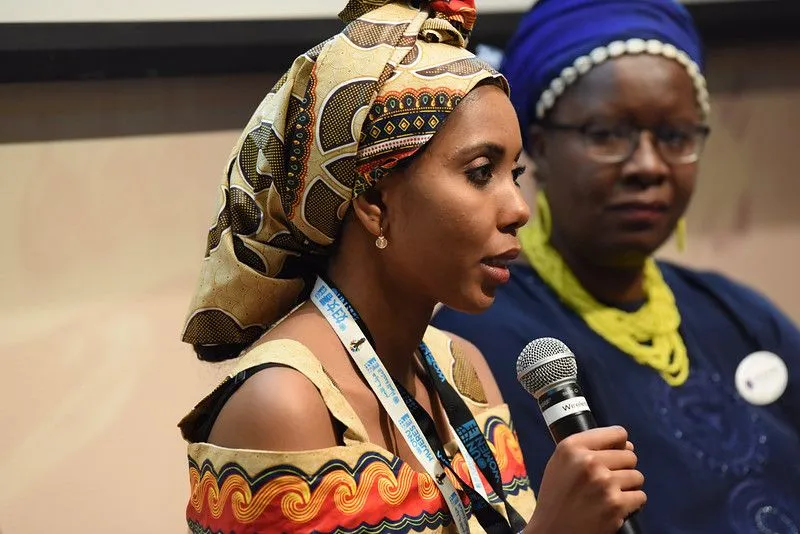
This Act enables courts to issue Forced Marriage Protection Orders (FMPOs), which can include stipulations such as confiscating passports to prevent travel for marriage purposes and restraining orders against those involved in the coercion. The Forced Marriage Unit (FMU), a joint initiative of the Foreign Office and the Home Office, supports individuals facing forced marriage, both domestically and internationally. The FMU offers advice through a public helpline, assists in escaping dangerous situations abroad, and helps repatriate victims to the UK.
Education and awareness are also key components of the UK’s strategy. Campaigns like “Our Girl” are national initiatives aimed at preventing and raising awareness about forced marriage. The goal of “Our Girl” is to educate and empower communities, as well as provide support to potential victims. Through educational resources, community workshops, and awareness materials, it seeks to inform young people about their rights and the ways to seek help if they are at risk of being forced into marriage. The campaign also works closely with schools, community organizations, and support services to create a safe and supportive environment for those who may be in danger.
The UK government collaborates with various non-governmental organizations (NGOs) and community groups to tackle forced marriage. Organizations such as Karma Nirvana and Southall Black Sisters provide essential support services, including helplines, counselling, and safe accommodation. Through this multifaceted approach—combining legal protections, practical support, education, and community engagement—the United Kingdom strives to address the issue of forced marriages effectively.
France
France’s policy of laïcité, or secularism, aims to maintain a clear separation between religion and the state. This policy shapes the response to illiberal practices by upholding secular values and encouraging a unified national identity.
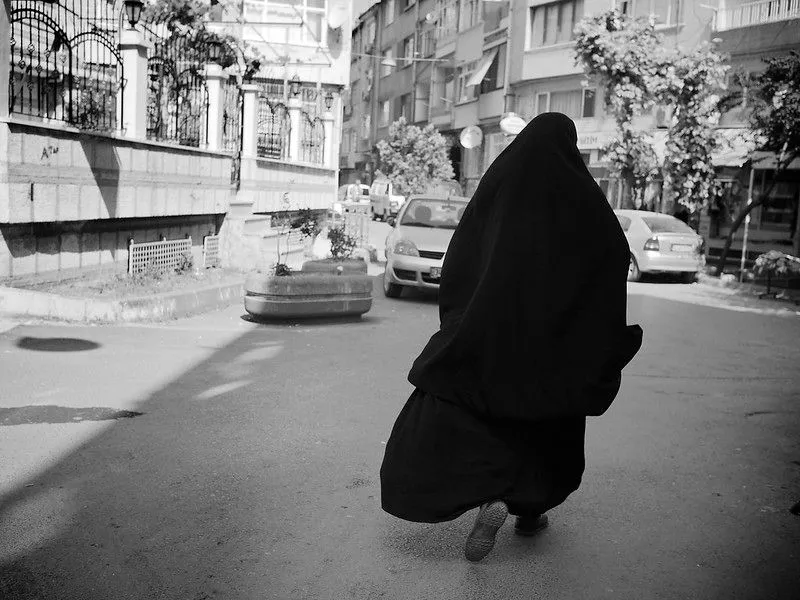
To facilitate this integration, the French government has implemented several programs. The contrat d’intégration républicaine requires new immigrants to attend civic training sessions and language classes, fostering an understanding of French values and encouraging their integration into French society. Similarly, the Service Civique program encourages young people, including those from immigrant backgrounds, to participate in community service, aiming to instill a sense of civic duty and enhance integration.
A highly controversial aspect of these policies involves the banning of religious symbols in public institutions and spaces. This set of laws has garnered significant attention from the international academic community. The French government views these practices as illiberal or at least contrary to republican values, prompting a range of reactions.
Critics argue that these policies exert a form of domination by imposing a secular framework on religious minorities, thereby suppressing cultural identities and practices. Furthermore, the bans are criticized for infringing upon freedom of expression by restricting the wearing of religious symbols, thereby curtailing individuals’ rights to express their beliefs publicly.
Some view these measures as a form of paternalistic conservatism, where the state assumes a protective role by enforcing secular norms, which can be seen as condescending and implying that individuals need guidance to conform to a particular set of values. The policies are particularly controversial regarding freedom of religion, as they are seen as violating the right to practice one’s religion freely.
This tension between secularism and religious freedom remains a contentious issue. The controversies surrounding France’s policies on religious symbols reflect broader debates about the balance between maintaining secularism and respecting individual rights.
Canada
Canada’s approach to multiculturalism integrates cultural diversity with the protection of individual rights. The Canadian Multiculturalism Act, enacted in 1988, fosters cultural diversity and prioritizes the protection of individual rights and freedoms. This Act reflects Canada’s commitment to recognizing and respecting the diverse cultural backgrounds of its citizens while ensuring that all individuals enjoy equal protection under the law.
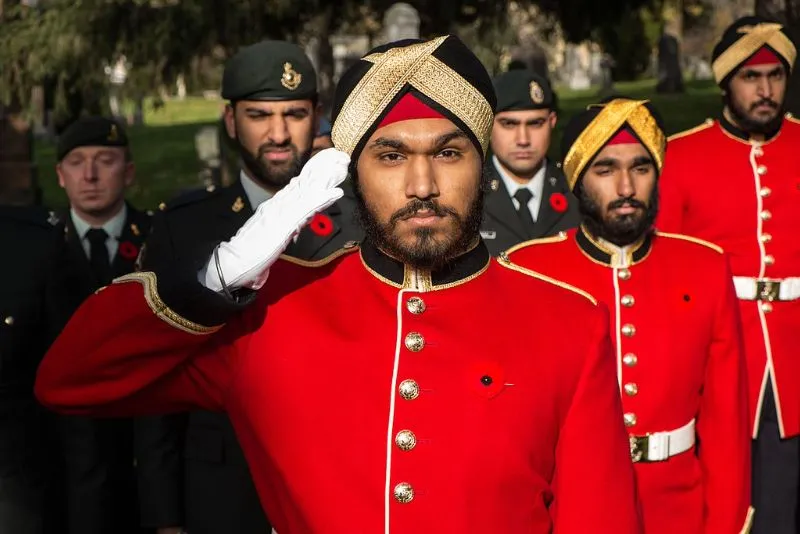
To support immigrant integration and protect against discriminatory practices, Canada has developed various programs. One such initiative is the Settlement Program, which provides services to help immigrants adjust to life in Canada. This program includes language instruction, employment support, and information about Canadian laws and society, aiming to facilitate a smoother transition and integration process for newcomers.
Additionally, the Local Immigration Partnerships (LIPs) bring together various stakeholders, including local governments, service providers, and community organizations, to plan and coordinate immigrant integration at the community level. This collaborative approach ensures that the diverse needs of immigrants are met while promoting social cohesion and fostering a sense of belonging within the broader Canadian society.
Canada’s commitment to multiculturalism and the protection of individual rights also extends to initiatives that promote intercultural understanding and combat discrimination. These efforts are designed to create an inclusive environment where all cultural groups can thrive while respecting the rights and freedoms of individuals.
Public education campaigns and community programs aim to increase awareness and appreciation of cultural diversity, thereby reducing prejudice and fostering mutual respect among different cultural communities. Through these multifaceted strategies, Canada seeks to accommodate cultural diversity while protecting fundamental democratic values.
The Role of International Human Rights
International human rights norms provide a crucial framework for addressing illiberal practices. Key instruments such as the Universal Declaration of Human Rights (UDHR), the Convention on the Elimination of All Forms of Discrimination Against Women (CEDAW), and the Convention on the Rights of the Child (CRC) establish global standards for protecting individual rights and promoting equality.
Balancing cultural diversity and individual rights in a liberal democracy is a complex and ongoing challenge.
These international norms serve as benchmarks for evaluating and addressing illiberal practices within different cultural contexts. They assert that all individuals, regardless of cultural or religious background, are entitled to fundamental rights and freedoms, countering arguments that seek to justify illiberal practices on cultural or religious grounds.
International bodies and non-governmental organizations (NGOs) play a crucial role in enforcing these norms and advocating for the protection of individual rights. Organizations such as Human Rights Watch, Amnesty International, and the United Nations Human Rights Council (UNHRC) monitor and report on human rights violations, providing valuable data and insights that can inform policy responses.
These organizations also engage in advocacy efforts to raise awareness about harmful practices and promote changes in laws and policies to better protect individual rights. By working at both international and local levels, they contribute to a global movement aimed at protecting human rights and reducing harmful illiberal practices.
Future Directions
To effectively combat illiberal practices in the future, several key areas need attention. Strengthening legal protections is essential, which involves not only enforcing existing laws but also closing loopholes that allow harmful practices to persist. Legal reforms should aim to provide better protection and support for victims, ensuring they have access to justice and the resources necessary to rebuild their lives.
Educating communities on the importance of human rights and the principles of liberal democracy is essential.
Promoting inclusive dialogue between different cultural groups is also crucial. Encouraging intercultural dialogue and understanding can help address the root causes of illiberal practices and foster a culture of respect and tolerance. Involving community leaders in efforts to promote change from within is particularly important, as these leaders can play a pivotal role in advocating for positive change and challenging harmful practices within their communities.
Fostering civic integration is another key area for future efforts. Civic education programs that promote democratic values and encourage active participation in public life can help create a more cohesive society. Policies that support the participation of all citizens in the political and social life of the community are essential for building a sense of belonging and mutual respect among diverse cultural groups.
Conclusion
Balancing cultural diversity and individual rights in a liberal democracy requires continual effort and nuanced approaches. Illiberal practices, deeply rooted in certain cultural and religious traditions, often clash with principles of individual autonomy, gender equality, and personal freedom. However, democratic societies can address these issues through a multifaceted approach that includes strengthening legal protections, enhancing education and outreach programs, providing robust support services for affected individuals, and fostering inclusive dialogue.
Political theory offers valuable frameworks for navigating these conflicts. Scholars such as Will Kymlicka, Joseph Raz, Alan Patten, and Yael Tamir advocate for liberal multiculturalism, which seeks to accommodate cultural diversity while upholding fundamental rights. By implementing and continuously refining these theoretical and practical approaches, liberal democracies can better manage the tensions between multiculturalism and illiberal practices.
Ultimately, ensuring that cultural diversity is respected while protecting the rights and freedoms of all individuals is crucial for building a more inclusive society. Through persistent efforts in legislation, community engagement, and policy innovation, democratic societies can honor both cultural plurality and the core values of liberal democracy.


